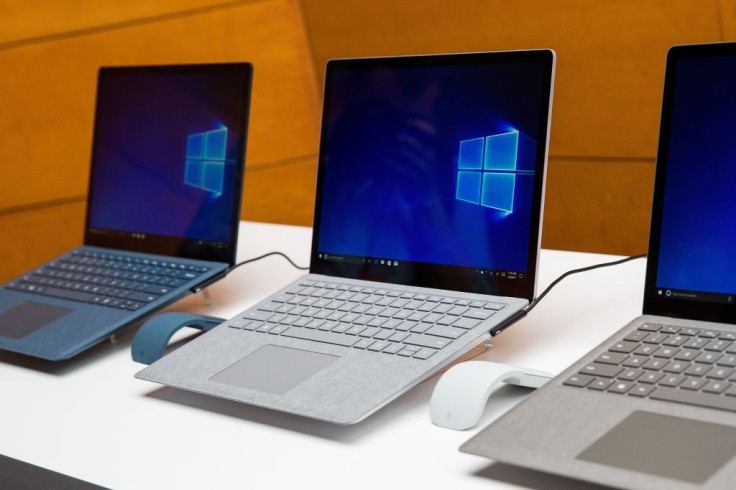Intel is losing the ARM(s) race and it is by a long shot.
Inside reports suggest Microsoft is thinking of using "ARM Inside" chips for more Windows laptops, slowly replacing the "Intel Inside" it has opted to use for decades.

Microsoft was noted to be increasing production of Windows laptops with ARM CPUs in a bid to follow Apple's example on Mac, 9to5mac reported.
Spreading from the smartphone market, ARM CPUs will soon be seen in more Windows laptops as Microsoft is moving towards non-Intel processors for remote access to its cloud services.
Microsoft had been working to make Windows devices and its applications accessible in the cloud, especially its cloud-based Chromebooks.
Chromebooks are currently the biggest revenue generator for Windows-based devices for their affordability, low hardware requirements, and cloud-integrated apps.
ARM CPUs Vs Intel CPUs
The question remains, however, is why many of the top tech brands are suddenly shifting from the long-established Intel processors.
While Intel chips remain the best option for intense processing and multi-task computing, ARM CPUs do not share the same heating issues as Intel does.
ARM chips have also been known to work faster on single specific tasks, perfect for laptops operating on cloud drive apps.
Another factor is the slow pace of development in Intel, a long frustration for Apple with its Mac upgrades entirely dependent on Intel CPU releases.
Arm Holdings, the manufacturer of ARM chips, produces new upgrades every year. Last year, it sold 30 billion chips to bigwigs like Apple, Nvidia, Google, Microsoft, Amazon, Samsung, and even Intel.
Windows Devices with ARM Processors
As of writing, only a limited number of devices running on Windows also use ARM chips.
However, several performance and compatibility issues are noted on these devices due to ARM's single-processing output.
This means certain hardware, games, and apps designed for Windows 11 Arm-based PCs will only work for the same processor brand.
Games that use OpenGL 3.3 and up, or have an "anti-cheat" extension may also be unable to run smoothly on ARM computers.
Windows customization is also a nightmare as only a few software can run on ARM processors.
Microsoft, intends to solve these problems by focusing more on ARM chips in developing future Windows software for laptops.









